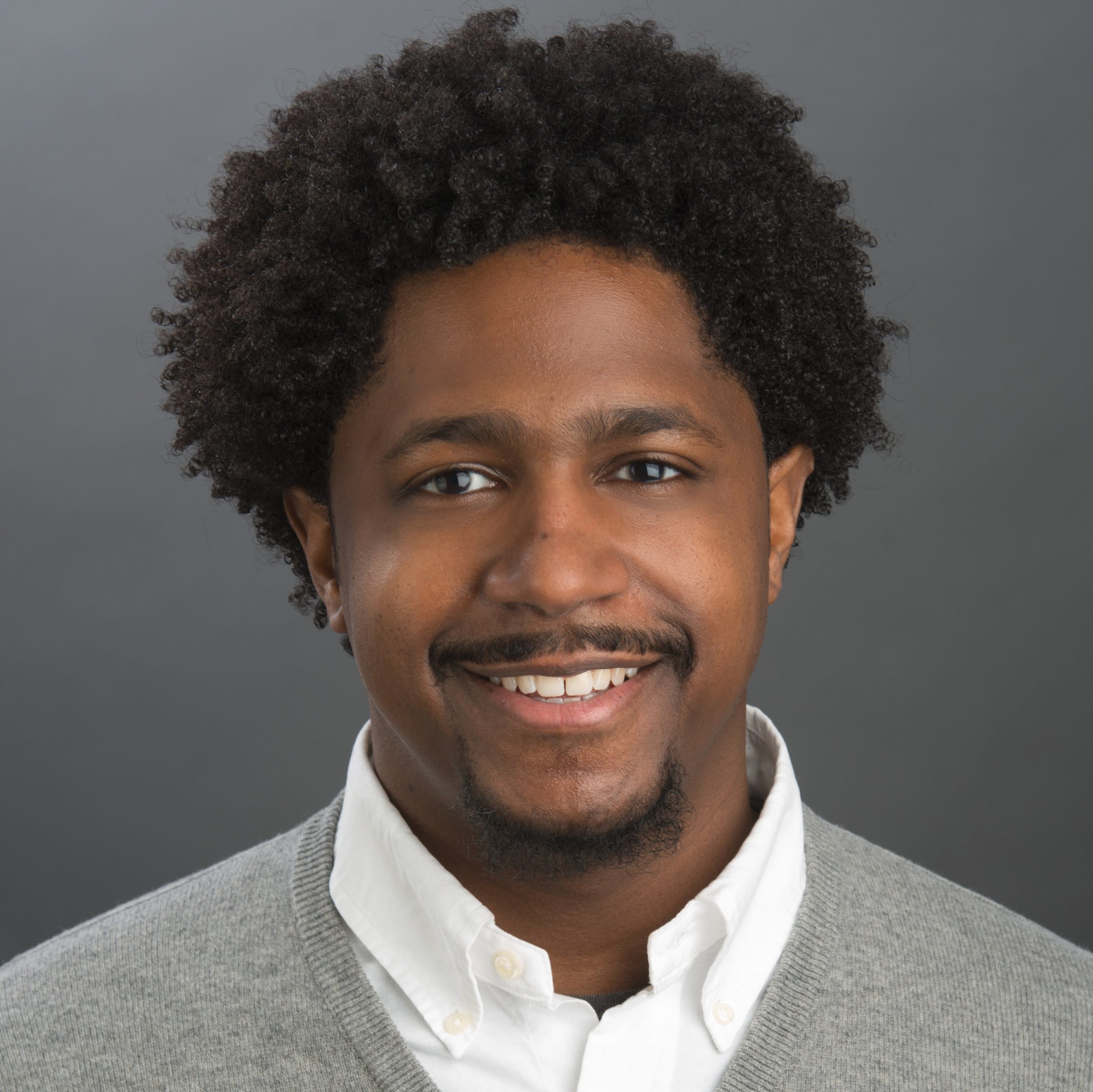
- This event has passed.
Fall 2024 GRASP SFI: Jonathan Michaux, University of Michigan, “Spheres Are All You Need: Risk-Aware Trajectory Planning in Radiance Fields”
October 30, 2024 at 3:00 PM - 4:00 PM
This will be a hybrid event with in-person attendance in Levine 307 and virtual attendance on Zoom.
ABSTRACT
Safe and efficient motion planning is crucial for robots operating in dynamic and unstructured environments. To accomplish this, one must address key challenges. First, robots must understand the scene geometry to prevent collisions that could harm humans or damage any nearby objects. Second, motion plans must be generated in real-time to ensure that the robot can adapt to sudden changes in its environment. This talk presents a novel approach to trajectory optimization that leverages reachability analysis and 3D Gaussian Splatting for real-time planning in radiance fields. This talk first describes a novel spherical representation that overapproximates a robot’s parameterized reachable set. Next, a method is derived that rigorously upper-bounds the probability of collision between the robot’s reachable set and a normalized Gaussian Splatting model. Finally, this probability bound is formulated as a chance constraint in a nonlinear optimization problem. This approach, which generates probabilistically-safe behaviors in real-time, is demonstrated in simulation and on a real-world serial robot manipulator.

Jonathan Michaux
University of Michigan
Jonathan Michaux is a PhD candidate in the University of Michigan’s Department of Robotics. Before joining Michigan Robotics, Jonathan obtained a PhD in Cell and Molecular Biology from the University of Chicago. As a cell biologist, Jonathan studied how developing embryos integrate biochemical signaling and mechanical force generation to orchestrate complex cell behaviors. As a roboticist, Jonathan develops algorithms to enable provably-safe robot motion generation under uncertainty. Jonathan’s long-term research vision is to combine his expertise in robotics and cell biology to build self-driving labs that accelerate the discovery of novel biomaterials and therapeutics.
